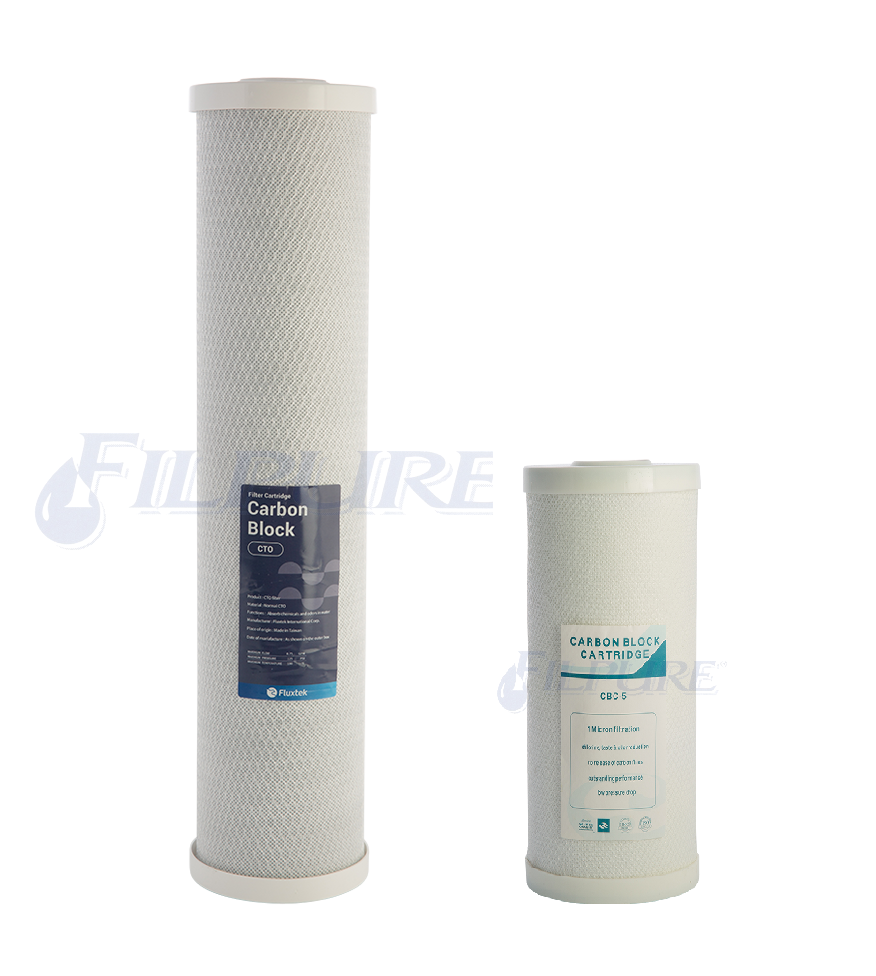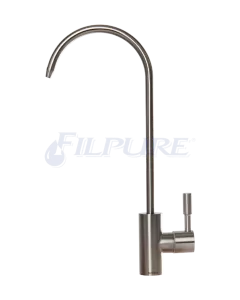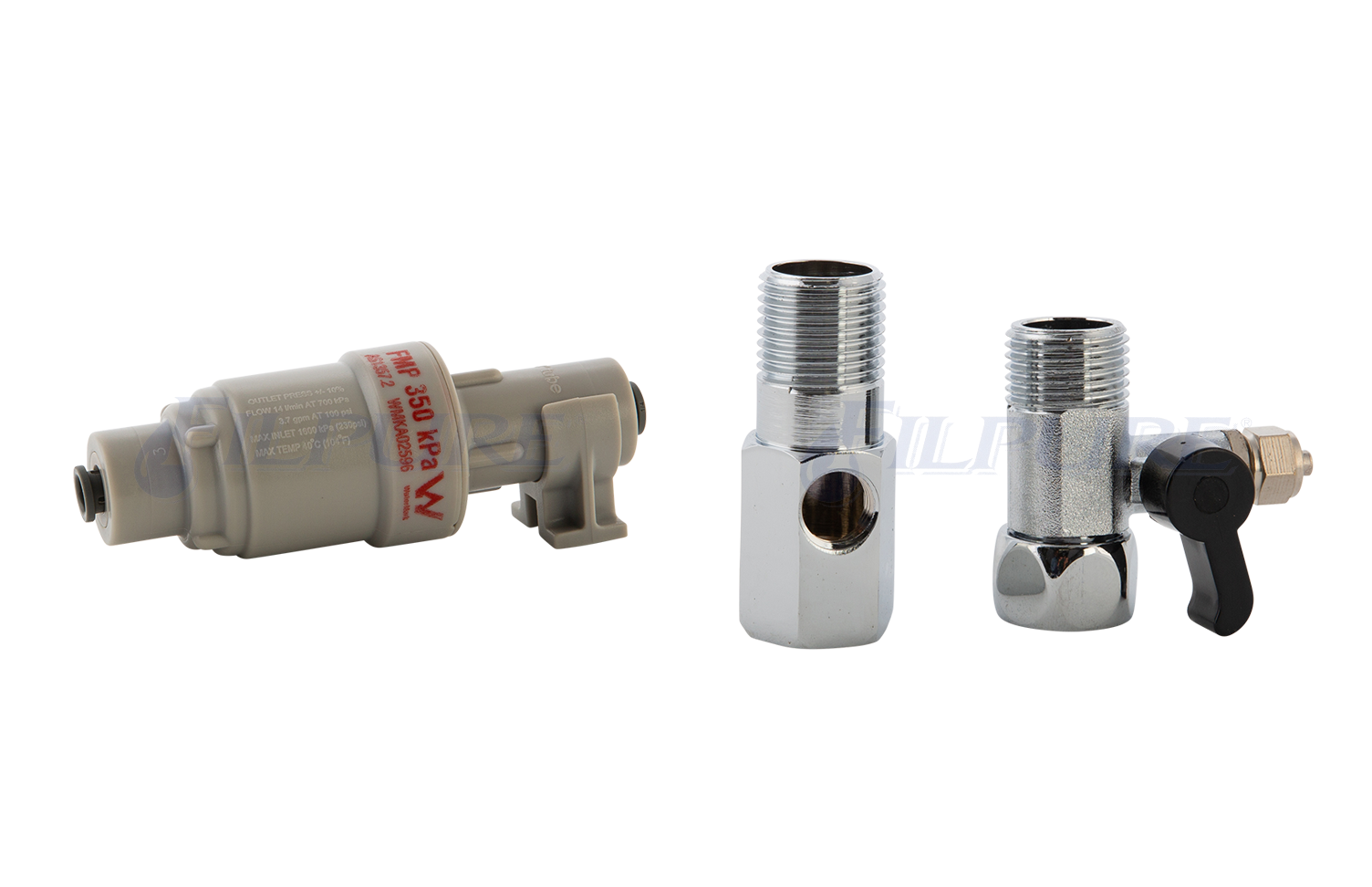Do Water Filters Expire If Not Used?
If you’ve ever found an old, unused water filter sitting in storage, you might wonder: Does it expire even if I haven’t used it? The short answer is yes, water filters can degrade over time, even when unused, but it depends on the type of filter, storage conditions, and materials used in its construction.
Understanding how filters age and what happens when they sit unused for too long can help you avoid wasting money and ensure your water stays safe to drink. Let’s explore whether water filters expire, what affects their lifespan, and how to store them properly.
Do Unused Water Filters Really Expire?
Yes, most water filters have a shelf life due to the materials they are made of. While they don’t “expire” in the way food does, but their effectiveness and performance degrade over time.
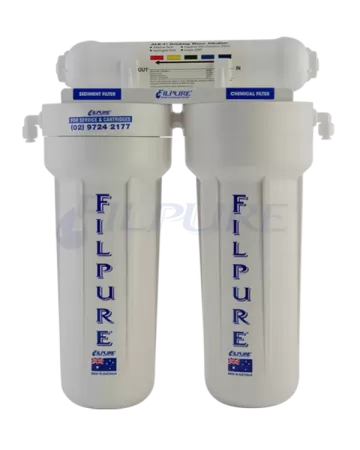
Different filters have different lifespans based on their components:
- Activated carbon filters (common in pitchers and whole-house systems) can dry out, lose efficiency, or absorb air pollutants if left unused for too long.
- Reverse osmosis (RO) membranes can become brittle and ineffective over time.
- Sediment filters may degrade or develop cracks, reducing their ability to trap particles.
- Specialty filters, such as those designed to remove fluoride or heavy metals, can lose potency as their chemical components degrade.
Most manufacturers recommend using filters within 1 to 2 years of purchase, even if they remain sealed. However, improper storage can shorten this period.
Related: How To Increase The Lifespan Of Reverse Osmosis Water Filters
What Happens to an Unused Water Filter Over Time?
Even if a filter remains sealed in its packaging, several factors can impact its effectiveness:
1. Drying Out of Activated Carbon
Activated carbon is a key component in many filters, helping remove chlorine, organic compounds, and bad odors. When stored too long, the carbon can dry out, reducing its ability to absorb contaminants efficiently.
2. Moisture and Mold Growth
If stored in a humid or damp environment, filters can absorb moisture, leading to bacterial or mold growth. This is especially a concern for refrigerator or under-sink filters.
3. Degradation of Filter Media
Sediment and RO filters contain delicate filtration layers that can break down over time. This leads to cracks or gaps, allowing unfiltered water to pass through without proper treatment.
4. Absorption of Airborne Contaminants
Even if a filter remains sealed, air exposure over time can cause activated carbon to absorb pollutants from its surroundings. This reduces its efficiency before you even install it.
How to Tell If an Unused Water Filter Has Expired?
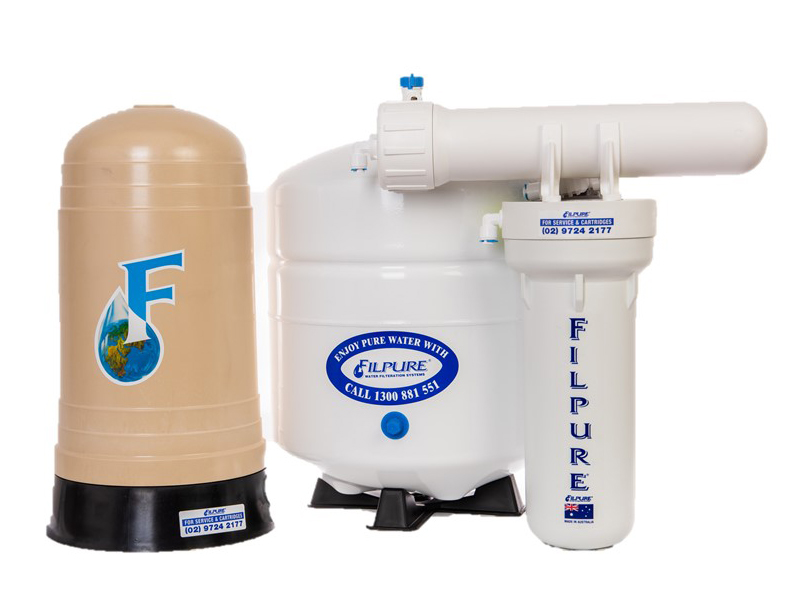
If you’re unsure whether an old, unused filter is still good, check for these signs:
- Check the Manufacturer’s Expiry Date – Most filters have a recommended use-by date printed on the packaging.
- Inspect for Damage – Look for cracks, discoloration, or dried-out materials.
- Check for a Musty or Stale Smell – A bad odor could indicate bacterial contamination.
- Test the Water Quality After Installation – If water still tastes strange or has reduced flow, the filter may not be working properly.
Proper Storage to Extend Filter Shelf Life
If you buy water filters in bulk or store extras for later use, proper storage is key to maintaining their effectiveness. Always keep filters sealed in their original packaging until you need them. Exposure to air can cause activated carbon to absorb contaminants prematurely, making the filter less effective when finally installed.
The storage environment also matters. A cool, dry place, such as a kitchen cabinet or pantry is ideal. Humid areas, like basements or garages, can introduce moisture, which may lead to bacterial growth inside the filter. Direct sunlight should also be avoided, as UV rays can degrade certain materials over time.
Temperature extremes can have a negative impact, too. Excessive heat can warp plastic components, while freezing temperatures can cause water left inside the filter to expand and crack. If you want your filters to last until you need them, store them under stable conditions, away from heat, cold, and moisture.
Should You Use an Expired Water Filter?
You might be tempted to install an old, unused filter, but using an expired one comes with risks. Over time, filter materials degrade, meaning they may no longer remove contaminants effectively. A filter that has aged past its prime can also slow down water flow, making it frustrating to use.
More concerning is the possibility of bacterial or mold growth inside the filter, especially if it has been stored in a humid environment. Instead of providing cleaner water, an expired filter could actually introduce unwanted microorganisms into your drinking supply.
If you’re unsure about a filter’s condition, check the manufacturer’s expiration date and inspect the filter for visible damage or unusual odors. When in doubt, it’s always safer to replace the filter rather than take chances with your water quality.
Conclusion
Yes, water filters can expire even if they’re unused, especially if they aren’t stored correctly. While they don’t spoil like food, they can lose effectiveness over time, making them less reliable at filtering contaminants. To ensure safe and clean drinking water, always check expiration dates, store filters properly, and replace them if in doubt. A fresh, well-maintained filter is always better than taking chances with an old one.









